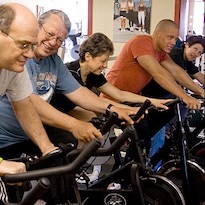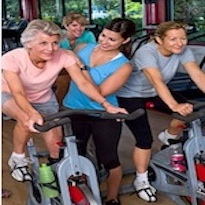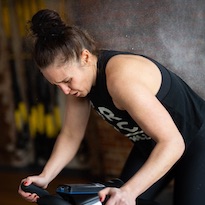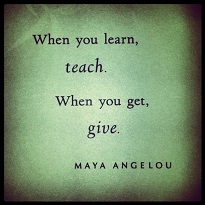Ten Tips to Help Your Beginner Riders Feel More Comfortable So They Come Back Again and Again
Ten tips that you can do while teaching to make newbies feel comfortable and reduce any intimidation they may feel when coming to your cycling class for the first time so that they return again and again.Read more…








